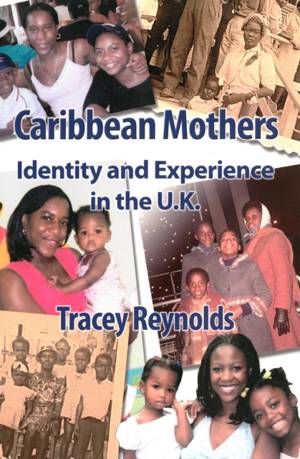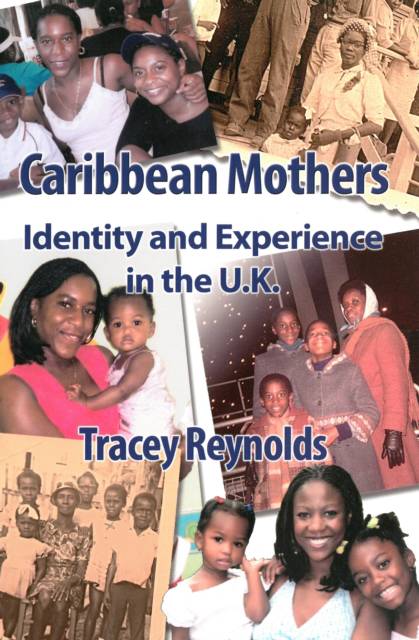
- Retrait gratuit dans votre magasin Club
- 7.000.000 titres dans notre catalogue
- Payer en toute sécurité
- Toujours un magasin près de chez vous
- Retrait gratuit dans votre magasin Club
- 7.000.0000 titres dans notre catalogue
- Payer en toute sécurité
- Toujours un magasin près de chez vous
Caribbean Mothers
Identity and Experience in the U.K.
T Reynolds, Tracey Reynolds
Livre broché | Anglais
20,95 €
+ 41 points
Description
Mothering and being mothered in a racialised society such as the U.K. continues to have an impact on the daily lives of Caribbean mothers -first, second and third generation. From their own experiences and through their own eyes this study documents the social realities these mothers face. In describing these women's experiences the 'silent' and often times 'invisible' voices of black and minority ethnic mothers in the mothering literature are reclaimed. Caribbean Mothers critically explores theories of racism, racial and gender identity, social class and generation divisions, relating the experiences of Caribbean mothers to wide issues of difference, exclusion, social divisions and coalitions. Themes around which a Caribbean mothering identity is constructed include the maintenance of cultural and kinship connections to the Caribbean; childrearing strategies to respond to racism; employment and the Labour Market; 'community mothering'; and the role and participation of Caribbean men in the family. The thematic issues of protection, advice, security and education form the central elements of these mothers' childcare practices. Caribbean Mothers provides accounts of historical and cultural patterns of mothering and family ideologies in the cross-national context of the Caribbean, U.S.A. and U.K. It presents an analysis of the relationship between black and white mothers, black men and women and mother and child in order to challenge and deconstruct stereotypical (and pathological) images of black mothers such as the 'babymother', 'welfare queen' and 'superwoman'. In doing so, the book raises essential questions about the homogeneity of the term 'mother' and conventional understandings concerning biology, gender and the family.
Spécifications
Parties prenantes
- Auteur(s) :
- Editeur:
Contenu
- Nombre de pages :
- 212
- Langue:
- Anglais
Caractéristiques
- EAN:
- 9781872767529
- Date de parution :
- 27-10-05
- Format:
- Livre broché
- Format numérique:
- Trade paperback (VS)
- Dimensions :
- 152 mm x 229 mm
- Poids :
- 317 g

Les avis
Nous publions uniquement les avis qui respectent les conditions requises. Consultez nos conditions pour les avis.






